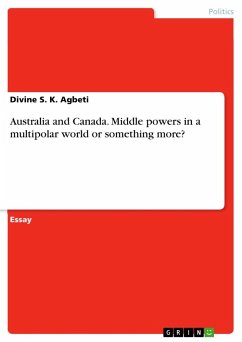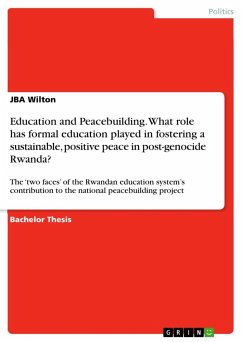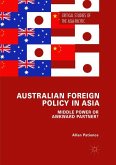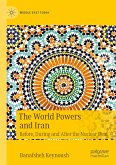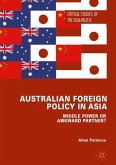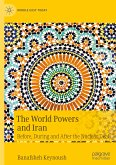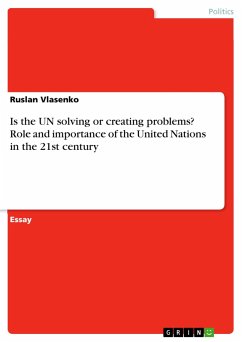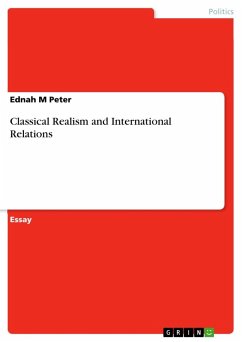Essay from the year 2014 in the subject Politics - International Politics - Region: Other States, grade: 73, University of Portsmouth, course: International Relations, language: English, abstract: The term "middle power" has been consistently used in international relations and foreign policy analysis. However, scholars argue that it remains a "deceptively ambiguous" term (Chapnick, 1999, pp. 73-74). Australia and Canada among other nations constantly project themselves as middle powers in the world, and the leaders of these countries always expressthe significance of their role as middle powers in global affairs. Nevertheless, this paper observes that the term "middle power" is relative because states classified as middle powers in one approach could be small powers in another, and are dependent on their relative capacity to contribute to a given situation. This paper adopts a comparative analysis of Australia and Canada's foreign policy ambitions, and examines whether either orboth countries befit a middle power status on the world stage.Employing Cooper, Higgott and Nossal's "behavioural" approach, the paper contends that Australia and Canada are middle powers in a multipolar world; taking into account the relative decline of US hegemony and relative rise ofChina and others such as the BRICS. The paper demonstrates that Australia and Canada's middle power diplomacies sometimes adopt a coalition-building with other "like-minded" countries as a key feature that distinguishes them from other middle powers. The study is divided into three sections. The first section will establish the meaning and characteristics of a middle power. The second section seeks to investigate the agencies and structures that enable or limit a middle power's foreign policy ambitions. The final section will conduct a comparative analysis of the middle power status of Australia and Canada.
Hinweis: Dieser Artikel kann nur an eine deutsche Lieferadresse ausgeliefert werden.
Hinweis: Dieser Artikel kann nur an eine deutsche Lieferadresse ausgeliefert werden.

